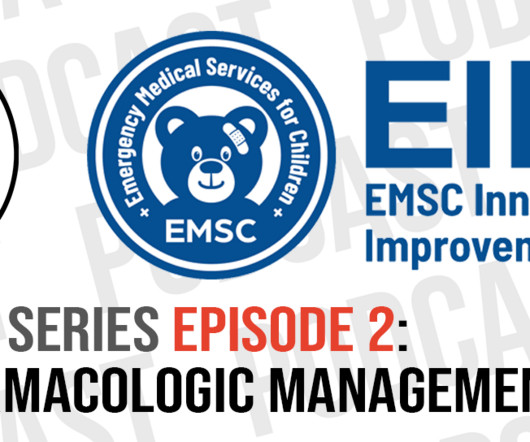EMS Intervention to Reduce Falls: Carmen Quatman and Katie Quatman-Yates
GeriPal
FEBRUARY 15, 2024
So it’s just a wide-opening lens that most of us never really get to see if we’re on the hospital-based side. I was like, “I have all these things I’m doing in the hospital to try to make people better and then I might be sending them right back to a big hazardous environment.” Alex: The Wayback Machine.











Let's personalize your content